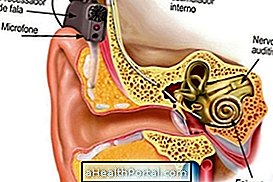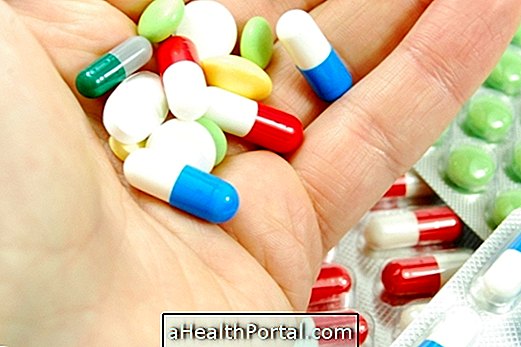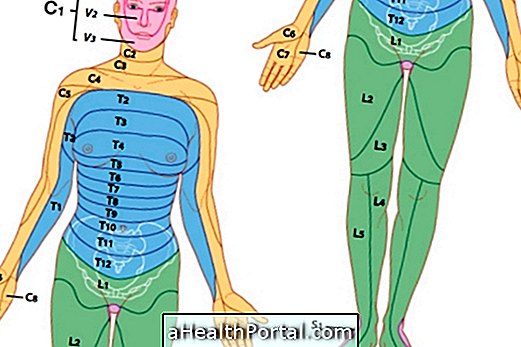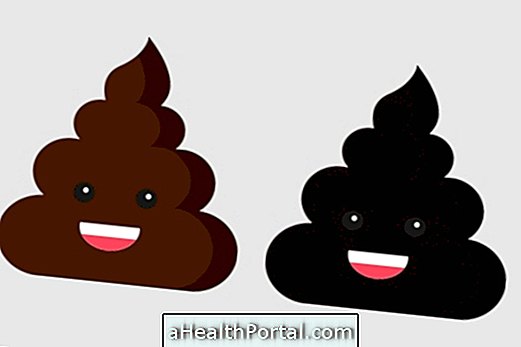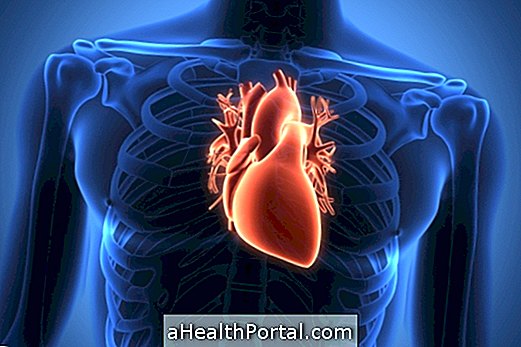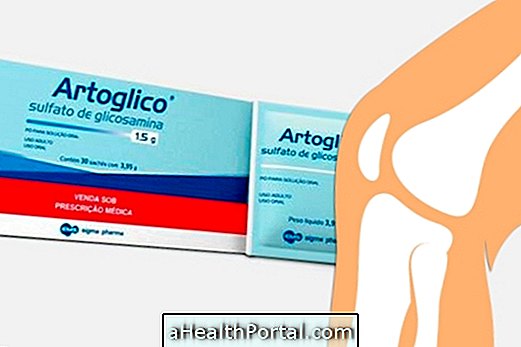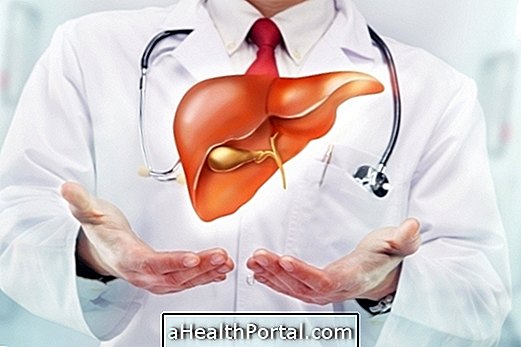The use of most drugs causes, at first, very positive effects as a sensation of well-being, happiness and courage. However, its long-term effects can be very serious, especially when used for a long time.
The use of drugs can cause serious changes in the functioning of the heart, liver, lungs and even the brain, being very harmful to health.
In addition, a good part of the drugs cause habituation and, therefore, the body needs an increasing dose to achieve the same positive results, which greatly increases the risk of death by overdose. See which symptoms may indicate an overdose.
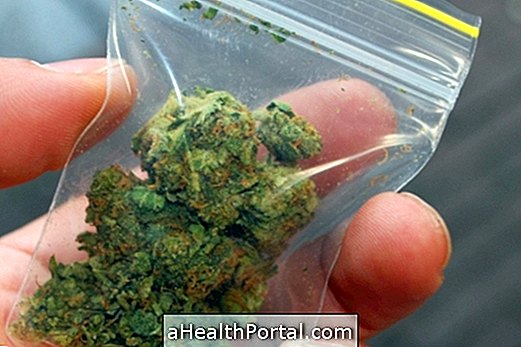
Main types of drugs
There are licit drugs and illicit drugs. Licit drugs are those that can be marketed as cigarettes and alcoholic beverages. Already illicit drugs are those that have their sale prohibited, such as marijuana, crack, cocaine, ecstasy.
The main types of drugs are:
- Natural drugs: like marijuana that is made from the cannabis sativa plant, and opium that originates from poppy flowers;
- Synthetic drugs: which are artificially produced in laboratories, such as ecstasy and LSD;
- Semi-synthetic drugs: like heroin, cocaine and crack, for example.
In addition, drugs can still be classified as being depressants, stimulants or disturbing the nervous system.
Regardless of the type of drug, the most important thing is to try to give up its use. For this, there are several types of programs, several months, that seek to help the person resist the urge to use the drug. Understand how treatment is done to stop using drugs.
Effects of drugs
The effects of the drugs can be perceived within minutes, shortly after use but tend to last for a few minutes, requiring a new dose to prolong its effect on the body. Thus it is very common for a person to become addicted quickly.
The following are the effects after use of any illicit drug:
1. Immediate effects of depressant drugs
Depressant drugs, such as heroin, have effects on the body such as:
- Less reasoning and concentration skills
- Exaggerated feeling of calm and tranquility
- Exaggerated relaxation and well-being
- Increased drowsiness
- Decreased reflexes
- Greater resistance to pain
- Greater difficulty in making delicate movements
- Decreased ability to drive
- Decreased ability to learn at school and profitability at work
2. Immediate effects of stimulant drugs
Stimulant drugs, such as cocaine and crack, cause:
- Intense euphoria and sense of power
- Excitation state
- Lots of activity and energy
- Decreased sleep and loss of appetite
- Speak very fast.
- Increased pressure and heart rate
- Emotional upset
- Loss of the notion of reality

3. Immediate Effects of Disruptive Drugs
Disturbing drugs, also known as hallucinogenic or psychodysleptics such as marijuana, LSD 25, and ecstasy, cause:
- Hallucinations, mainly visual as alterations of colors, shapes and contours of objects,
- Altered sense of time and space, where minutes seem like hours or meters look like Km
- Feeling of great pleasure or intense fear
- Ease of Panic and Exaltation
- Exaggerated notion of grandeur
- Delusions related to robberies and harassment.
One of the most recent examples of this type of drug is Flakka, also known as a zombie drug, which is a cheap drug produced in China that causes aggressive behavior and hallucinations, and there are even reports of cases in which users of this drug began cannibal activities during the period in which they were under the effect thereof.

Effects of drugs on pregnancy
The effects of drugs on pregnancy can be observed in the woman and the baby, and can lead to miscarriage, preterm delivery, growth restriction, low birth weight, and poor congenital formation.
After the baby's birth, the baby may suffer a drug withdrawal crisis because his or her organism is already addicted. In this case, the baby may have symptoms such as crying a lot, being very irritated and having difficulty feeding, sleeping and breathing, requiring hospitalization.
Long-term effects
The long-term consequences of any type of drug include:
- Destruction of neurons, which decrease the ability to think
- Development of psychiatric illnesses, such as psychosis, depression or schizophrenia
- Liver damage such as liver cancer
- Malfunction of the kidneys and nerves
- Development of contagious diseases such as AIDS or Hepatitis
- Heart problems such as heart attack
- Early death
- Isolation of family and society
What can happen when using drugs
The consumption of a large amount of drugs can cause overdose, which seriously alters the functioning of organs such as lungs and heart, which can lead to death.
Early symptoms of overdose include euphoria, loss of control, aggression, nausea and bleeding from the nose, and when there is no medical help, it can be fatal.
Symptoms of overdose and risk of death can also occur when an individual transports drugs into the stomach, anus, or vagina because a small amount of narcotic substance is enough in the bloodstream to cause changes such as heart attack, liver malfunction, schizophrenia, or even death.
